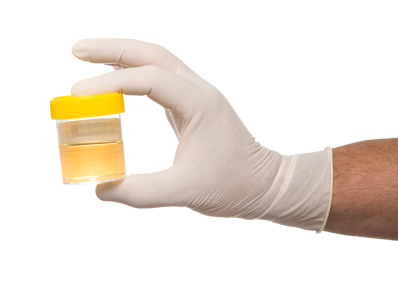New Discovery: A Urine Test for Autism?

A unique metabolic chemical in the urine of autistic children could allow doctors to diagnose the disorder in infants with a simple test. In a paper published Friday, researchers in the U.K. and Australia identified a unique “chemical fingerprint” that allowed them to distinguish which children had autism.
Jeremy Nicholson at the Imperial College of London was principal author of the article in the Journal of Proteome Research. Researchers at the University of South Australia in Adelaide also contributed.
The researchers used nuclear magnetic resonance spectroscopy to analyze urine from children who had already been diagnosed with autism, their siblings and children with no autism in the family. They found that autistic children have specific bacteria in the gut, which creates a unique biochemical marker in the urine. The biochemical markers were present in the urine of infants as young as six months.
The research could make it possible to routinely screen children for autism at the age of six months, through a simple, painless urine test. Currently, autism is not diagnosed until the child shows social impairments or developmental delays, usually between the ages of one and five years. Even then, the diagnostic process is long, complicated, and often inconclusive.
Children with autism who are diagnosed early receive the most help and often function better at an earlier age than those whose diagnosis is delayed.
Researchers were able to distinguish three separate groups by a specific biochemical marker in the urine. Children with autism had the highest levels of the marker. Siblings of children with autism had lower levels, while those with no autism in the family had the lowest levels or none.
Professor Nicholson and his colleagues theorize that children are born with the factors that lead to autism. If that is true, their discovery could help identify children with autism spectrum disorders and even identify treatments. Professor Nicholson emphasizes that a urine test for autism could be years away.
Children with autism often have gastrointestinal problems due to unique bacteria in the gut. By identifying the bacteria, Nicholson and his cohorts expect to develop more effective treatments to alleviate the symptoms of stomach distress.
By Joni Holderman, [email protected], contributing reporter for Mental Health News.